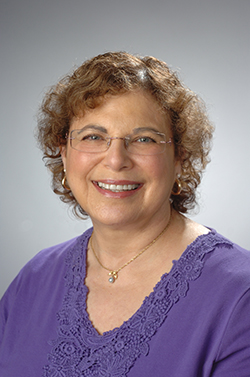Old politics from the 80s won't solve the homeless crisis
Recently, New York City Mayor Eric Adams announced a new plan to involuntarily hospitalize homeless people in psychiatric crises.
Syracuse University Professor of Law Arlene Kanter said these policies have never been an adequate solution.
- “In the 1980s when homelessness entered the national consciousness, calls for increased use of involuntary institutionalization echoed throughout the nation. Out of sight out of mind. Here we are again. It did not work then, and it will not work now,” said Kanter.
- “As a young lawyer in Washington DC, my first case was to represent homeless people who sought to sleep in Lafayette park as their means of protest that they had nowhere else to go. The US Supreme Court reversed the lower court that had said their right to protest by sleeping in a public park was protected under the first amendment,” said Kanter. Then, there were a handful of homeless people in DC. Today there are many more in most cities across the country.”
- “The research then and now shows that most homeless people need first and foremost permanent housing. Pathways, an organization in New York City and a model for other cities, provides housing and support services. Their model works but is underfunded. Institutions are not homes. They will not solve the problem of homelessness, only homes will,” said Kanter.
Professor Kanter is the founder and director of Syracuse University College of Law’s Disability Law and Policy Program which houses the nation’s most extensive disability law program.
Professor Kanter is an internationally acclaimed expert in international and comparative disability law. She publishes and lectures extensively on domestic and international human rights and disability law and policy. Her recent book, The Development of Disability Rights Under International Law: From Charity to Human Rights traces the development of the United Nations Convention on the Rights of People with Disabilities. She is a co-author of Righting Educational Wrongs: Disability Studies in Law and Education. She also co-authored the first law casebook on international and comparative disability law, and has published over 100 articles and book chapters on topics related to international human rights and comparative disability law, US disability and special education laws, inclusive education, violence against women with disabilities, mental health law, legal personhood, and alternatives to guardianship.
To schedule an interview, please contact Ellen James Mbuqe, executive director of media relations, at ejmbuqe@syr.edu or 412-496-0551 (cell).



